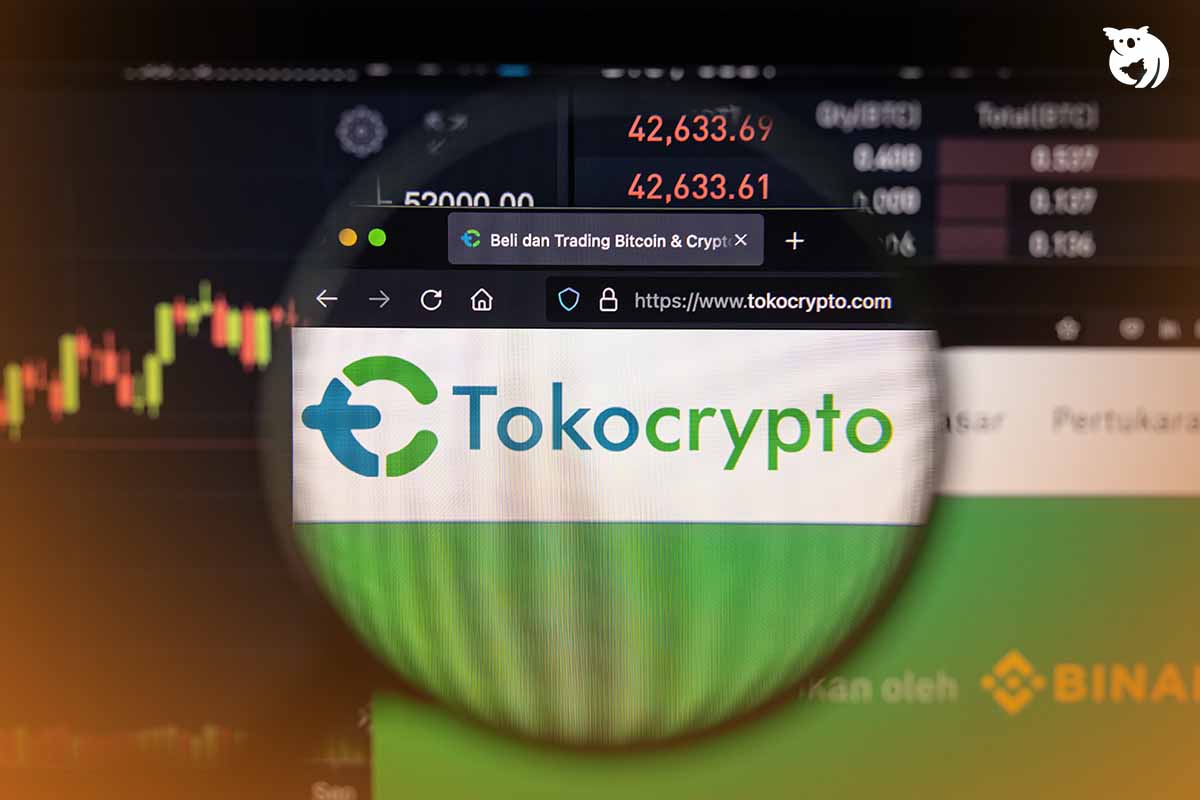The Southeast Asia crypto market is heating up fast. Thailand and Vietnam are taking bold steps to position themselves as regional leaders for innovation in digital assets. Recent tax incentives in Thailand and a new legal framework in Vietnam have raised the bar for neighboring countries like Indonesia, where the industry is still evolving. Leaders such as Tokocrypto CEO Calvin Kizana argue that Indonesia must move quickly to stay competitive. If it hopes to become a crypto powerhouse, Indonesia must craft progressive policies and collaborate across sectors to attract investment and ensure a safe environment for investors and entrepreneurs.
Thailand and Vietnam Push Ahead with Progressive Policies
In the Southeast Asia crypto landscape, Thailand and Vietnam have emerged as trailblazers. Thailand recently introduced tax exemptions that cut personal income tax rates on local crypto exchange users by 15 percent through 2029. This tax incentive is significant because it shows the Thai government is willing to provide long-term support for its domestic crypto industry. In a region where tax policies often discourage participation, this kind of incentive will encourage local investors and traders to scale up their activities.
Meanwhile, Vietnam passed its landmark Law on the Digital Technology Industry on June 14, 2025. The legislation brings crypto assets under a formal legal framework, categorizing them as digital assets. It also includes standard anti-money laundering (AML) requirements and strict anti-terrorism measures. This gives Vietnam an advantage over other Southeast Asia crypto hubs because it offers legal certainty and sets a clear technology adoption roadmap. Investors appreciate these kinds of transparent, stable frameworks.
As a result, Vietnam’s legal move has already begun attracting serious attention from both international and regional investors who want to explore its promising tech sector.
Indonesia Must Strengthen Its Crypto Ecosystem Quickly
Indonesia, which also classifies crypto as a digital asset, cannot afford to lag behind. Tokocrypto’s CEO, Calvin Kizana, emphasized this, calling on stakeholders to work together to upgrade Indonesia’s regulatory and competitive landscape.
“Indonesia has enormous potential as a Southeast Asia crypto hub. However, to compete with countries like Thailand and Vietnam, we need stronger synergy between the government, the crypto industry, and local communities,” Kizana said.
He added that tax incentives like those adopted by Thailand could inspire similar fiscal policies in Indonesia. By creating tax breaks or simplifying tax reporting, Indonesia can encourage more traders and long-term investors. Moreover, Vietnam’s structured regulatory environment could serve as a blueprint for creating safer conditions for entrepreneurs and institutional investors to innovate.
“We believe in progressive regulations, cross-sector collaboration, and shared commitment. That way, Indonesia’s Southeast Asia crypto ecosystem will not only survive but also become a regional leader,” Kizana concluded.
Key Drivers for Indonesia’s Crypto Market Development
Several drivers will determine whether Indonesia can catch up with its Southeast Asian neighbors:
1. Supportive Fiscal and Tax Policies
Thailand’s tax policies prove that fiscal incentives can catalyze rapid growth in crypto adoption. If Indonesia follows suit by lowering tax rates on crypto transactions or earnings, the local industry could grow faster. Right now, tax burdens can discourage active trading and new investor participation, so creating tax relief would make a big difference.
2. Legal and Regulatory Clarity
Vietnam set a strong example by passing legislation that lays out clear anti-money laundering rules, terrorism financing restrictions, and crypto asset classifications. Indonesia must do the same to make its crypto environment more transparent. Investors and companies alike prefer working under a stable legal regime that minimizes risk.
3. Public Awareness and Education
While regulations matter, public education is equally important. Government agencies and companies like Tokocrypto can collaborate on educational programs to help everyday people understand the benefits and risks of cryptocurrencies. This will encourage adoption at the grassroots level.
4. Technological Roadmap and Innovation
Adopting the latest tech trends, such as decentralized finance (DeFi) protocols, stablecoins, and blockchain-based financial tools, will help Indonesia stand out as a tech-forward market. If local regulators promote innovation by allowing controlled pilots and partnerships, Indonesia could leap ahead of its Southeast Asian rivals.
5. Regional Cooperation and Competition
Competition between Southeast Asia crypto hubs will intensify as each country tries to attract blockchain talent and investments. However, there is also room for regional collaboration. By working together with Thailand and Vietnam to establish harmonized AML and KYC standards, Indonesia can contribute to a more stable, integrated regional market that benefits all participants.
Future Outlook for Southeast Asia Crypto
Despite the competitive landscape, Southeast Asia crypto growth looks promising. The region is home to millions of tech-savvy, mobile-first consumers who are comfortable with digital financial products. Investors and startups alike are drawn to the relatively young populations and rapid smartphone adoption across countries like Indonesia, Thailand, and Vietnam.
As legal and tax frameworks continue to improve, Southeast Asia will likely become one of the most vibrant hubs for crypto innovation worldwide. Countries that move quickly to establish progressive regulation and incentives, like Vietnam and Thailand, will reap most of the benefits. Indonesia can still catch up if its government, local exchanges, and investors collaborate closely.
By embracing progressive policies, fostering innovation, and ensuring transparent rules, Southeast Asia as a region can collectively position itself as a powerhouse for crypto adoption, with Indonesia potentially leading the charge if it takes the right steps.
In short, the Southeast Asia crypto landscape is transforming rapidly. Thailand and Vietnam’s proactive policies have shown what can happen when a government and its private sector collaborate. Indonesia must take heed of these developments. It must create tax-friendly policies, implement clear legal guidelines, and encourage innovation to catch up with its regional peers. Otherwise, it risks losing its chance to become the Southeast Asia crypto leader it aspires to be.
Read More






 Friday, 27-02-26
Friday, 27-02-26







